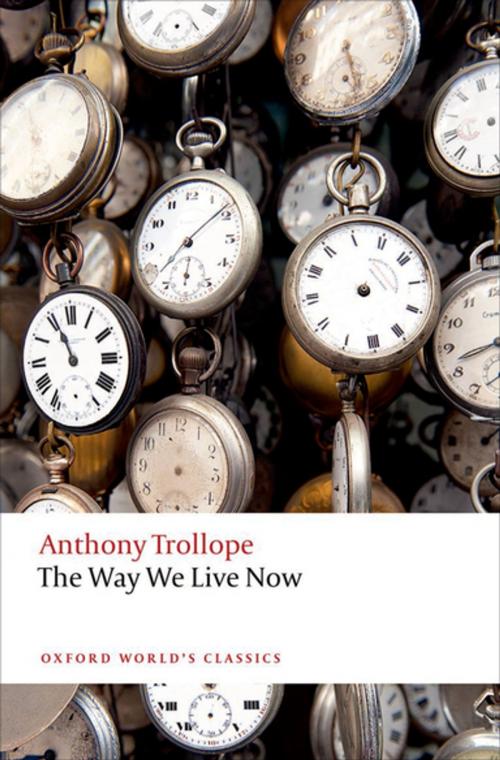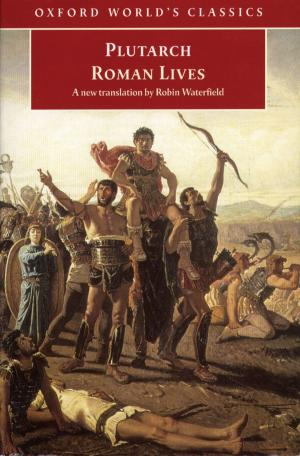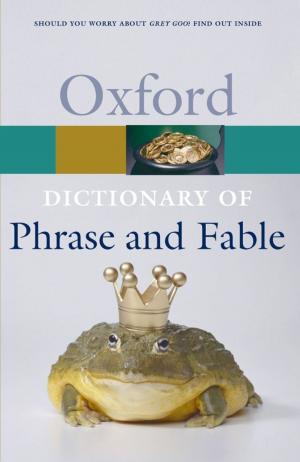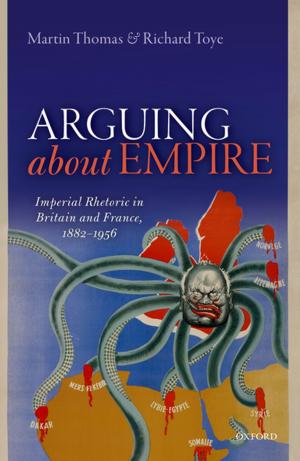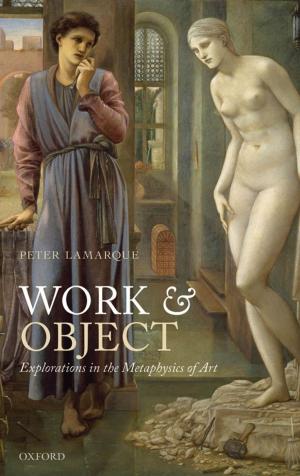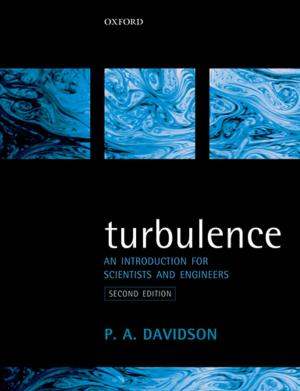| Author: | Anthony Trollope | ISBN: | 9780191015069 |
| Publisher: | OUP Oxford | Publication: | July 7, 2016 |
| Imprint: | OUP Oxford | Language: | English |
| Author: | Anthony Trollope |
| ISBN: | 9780191015069 |
| Publisher: | OUP Oxford |
| Publication: | July 7, 2016 |
| Imprint: | OUP Oxford |
| Language: | English |
'Love is like any other luxury. You have no right to it unless you can afford it.' It is impossible to be sure who Melmotte is, let alone what exactly he has done. He is, seemingly, a gentleman, and a great financier, who penetrates to the heart of the state, reaching even inside the Houses of Parliament. He draws the English establishment into his circle, including Lady Carbury, a 43 year-old coquette and her son Felix, who is persuaded to invest in a notional railway business. Huge sums of money are at stake, as well as romantic happiness. The Way We Live Now is usually thought Trollope's major work of satire but is better described as his most substantial exploration of a form of crime fiction, where the crimes are both literal and moral. It is a text preoccupied by detection and the unmasking of swindlers. As such it is a narrative of exceptional tension: a novel of rumour, gossip, and misjudgment, where every second counts. For many of Trollope's characters, calamity and exposure are just around the corner.
'Love is like any other luxury. You have no right to it unless you can afford it.' It is impossible to be sure who Melmotte is, let alone what exactly he has done. He is, seemingly, a gentleman, and a great financier, who penetrates to the heart of the state, reaching even inside the Houses of Parliament. He draws the English establishment into his circle, including Lady Carbury, a 43 year-old coquette and her son Felix, who is persuaded to invest in a notional railway business. Huge sums of money are at stake, as well as romantic happiness. The Way We Live Now is usually thought Trollope's major work of satire but is better described as his most substantial exploration of a form of crime fiction, where the crimes are both literal and moral. It is a text preoccupied by detection and the unmasking of swindlers. As such it is a narrative of exceptional tension: a novel of rumour, gossip, and misjudgment, where every second counts. For many of Trollope's characters, calamity and exposure are just around the corner.
